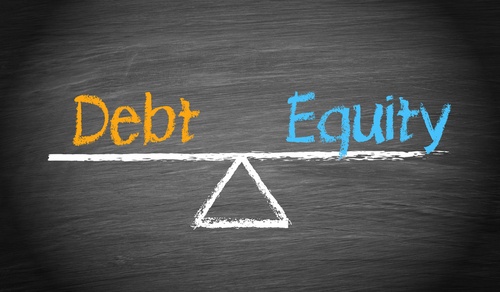There have been many cases where clients have come to us because they were unable to get a new mortgage. Many were told their “loan to value wasn’t good”. So what exactly does that mean? First, let’s start by understanding what it is.
What is the loan to value ratio?
The loan to value ratio, commonly referred to as “LTV”, is a financial term that compares the amount of a loan to the value of the asset securing the loan. For example, a person needs a mortgage renewal of $250,000 on a home that is appraised at $500,000. The LTVcalculation would be ($250,000/$500,000)x100 = 50%. This value is used to determine the amount of risk the lender would be taking in providing a mortgage.

What does my LTV ratio mean to me?
As the LTV determines the amount of risk the lender would be exposed to, the lower your LTV ratio the better. At this time, most lenders will only approve a mortgage renewal that is well under 80% LTV. However, in some cases, the threshold for many lenders has dropped further to under 80%. Factors such as location, credit, and income are also being used to calculate LTV.
If your LTV is affecting your ability to obtain a mortgage, please be sure to reach out for help!
Speak with a professional to get a better understanding of your situation and learn about the options available to you.
